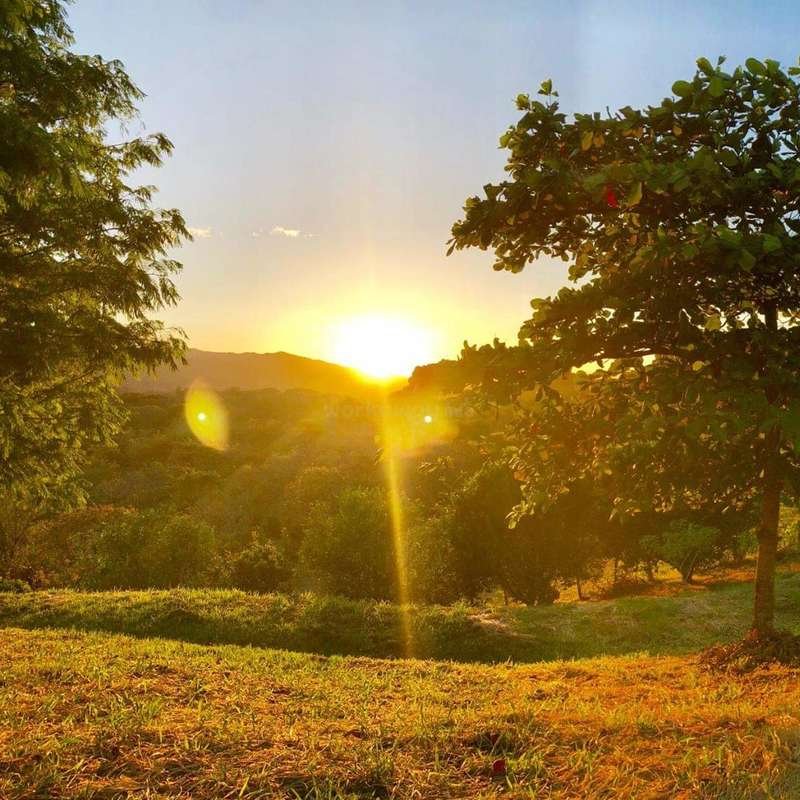One of the most important yet often overlooked aspects of working with plant medicines (especially Ayahuasca) is choosing the right guide or facilitator. This decision can deeply affect your mental health, your integration, and your long-term relationship with the medicine.
From experience, one of the most valuable qualities in a facilitator is groundedness. The medicine opens the door to symbolic worlds, dreamlike visions, and emotional release. The person holding space must remain rooted in reality. A grounded facilitator acts as an anchor. They help you return with clarity and emotional safety. You can sense it in how they speak, how they move around the ceremony, and how they support you before, during, and after the session.
When a facilitator isn’t grounded, it can lead to confusion or even harm. I’ve encountered people who claim to “receive messages” from others just by looking at them, or who insist they can channel divine messages meant for you. This kind of behavior is risky, especially outside of a ceremony. What may seem like spiritual insight can often be projections, sometimes stemming from unresolved psychological issues. In a vulnerable state, this kind of interference can do real damage.
A responsible facilitator does not tell you what your visions mean. The symbolic messages that come through in the ceremony are deeply personal and not meant to be interpreted by someone else. A good facilitator will guide you to explore those meanings for yourself, without forcing their own beliefs or dogmas onto your process.
Another red flag is the excessive or inappropriate use of sacred tools. It’s becoming more common to see the daily use of Rapé, Sananga, Mapacho, or other ceremonial elements outside of their proper context. These tools have ritual significance, and using them casually or constantly can be a sign that the facilitator is disconnected from everyday reality. When someone is too immersed in the tools and language of ceremony — even when it's not appropriate — it might suggest they are avoiding their own inner work and reality, as a way to escape. That’s not the person you want guiding you through yours.
It’s also important to be cautious of facilitators who present themselves as otherworldly beings: members of galactic councils, reincarnated prophets, or messengers of divine truth. While everyone is entitled to their beliefs, using these identities to gain authority or control over others is manipulative. If someone is trying to get you to subscribe to their worldview or suggests you need them to interpret your spiritual experience, you're no longer in a safe healing space.
The reality is this: healing is a messy, human, grounded process. A strong facilitator is not someone who dazzles you with mysticism. They’re someone who listens more than they speak. Someone who supports your growth without needing to be at the center of your story. They are present, honest, kind, and humble — someone you can rely on when things get challenging.
So when choosing a retreat or a facilitator, ask yourself:
Do I feel safe and respected around this person?
Are they listening to me or preaching to me?
Do they live in the real world, or are they trying to take me out of it?
Do I feel empowered or confused?
Ayahuasca already contains all the magic you need. You don’t need anyone adding more. What you do need is someone who honors the process, respects the medicine, and supports you in your journey.
Thanks for reading — and as always, choose wisely.



